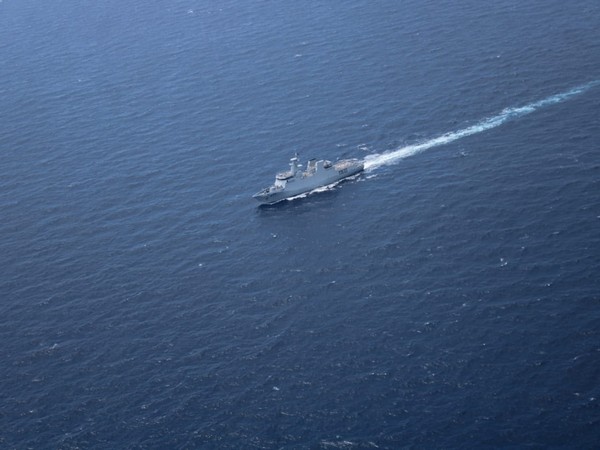Russian navy chief to participate in Chinese naval conference
Russia's newly-appointed navy chief will take part in a major military conference in ally China, Russian state news agency TASS reported on Saturday, amid growing Western criticism of ties between the two countries.

- Country:
- Russia
Russia's newly-appointed navy chief will take part in a major military conference in ally China, Russian state news agency TASS reported on Saturday, amid growing Western criticism of ties between the two countries. Admiral Alexander Moiseev will take part in the Western Pacific Naval Symposium (WPNS) in China's city of Qingdao, TASS reported citing the Russian defence ministry, and will also hold bilateral meetings, including with China's navy top brass.
The visit comes after U.S. Secretary of State Antony Blinken on Friday criticised Chinese support for Russia's defence industry, saying Beijing was prime contributor to Moscow's military efforts in Ukraine through its provision of critical components for weaponry. Moiseev was presented at an official ceremony last month as an acting chief of the Russian navy, replacing Nikolai Yevmenov, and was later appointed on a permanent basis, against the background of several setbacks in the conflict with Ukraine.
The event in China, Russia's main political ally globally, will take place on April 22-23. Moiseev's visit will last until April 25. Xinhua news agency separately reported that the meeting, themed "Seas of Shared Future", will involve more than 180 navy representatives from 29 countries.
China lays claim to almost the entire South China Sea, a conduit for goods worth more than $3 trillion every year, where Brunei, Malaysia, Taiwan and Vietnam also have competing claims. Since 2002, China and Southeast Asian nations have tried to establish a framework to negotiate a code of conduct for the South China Sea, but progress has been glacial.
(This story has not been edited by Devdiscourse staff and is auto-generated from a syndicated feed.)
ALSO READ
China FM says Beijing and Jakarta want regional peace and stability
China's Eurasian Affairs envoy met Ukraine ambassador in Beijing, discussed Ukraine
China foreign minister says Beijing and Jakarta want regional peace and stability
China foreign minister says Beijing and Jakarta want regional peace and stability
China foreign minister says Beijing and Jakarta want regional peace and stability










